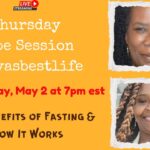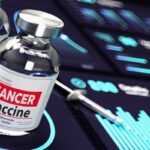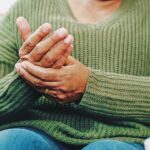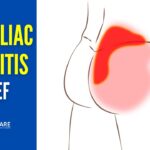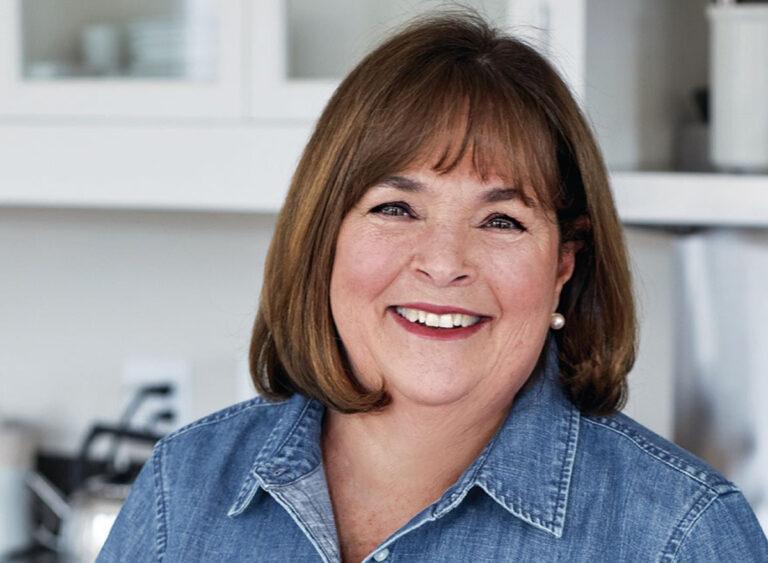MADRID — Short-term fasting during chemotherapy enhances health-related quality of life in patients with early breast cancer, with no untoward effects, according to late-breaking research presented on day 1 of the European Society for Medical Oncology (ESMO) Congress 2023.
“Strikingly,” fasting also appeared to prevent fatigue, something patients with breast cancer struggle with, Daniela A. Koppold, MD, Charité University Medicine Berlin, Germany, noted in her oral presentation.
The study adds to other evidence suggesting that fasting around chemotherapy cycles may reduce toxicity and adverse effects associated with chemotherapy.
The invited discussant, Jann Arends, MD, with Freiburg University Medical Center, Germany, said that the findings fit “very well” with previous observations. “Short-term fasting in subjects not at risk for malnutrition is feasible, well tolerated, and appears to improve several parameters of quality of life,” Arends said.
Promising Supportive Therapy
The randomized controlled trial assessed the feasibility and impact of short-term fasting on health-related quality of life compared with a plant-based, low-sugar diet (active comparator) in 106 women with early breast cancer.
The chemotherapy regimens in the trial included four cycles of adriamycin or epirubicin, followed by taxane therapy. The interventions for both groups occurred about 2 days before chemotherapy plus 24 hours after each cycle ended (about 60-72 hours total).
For the fasting group, this meant about 200 kcal/d through vegetable juices and vegetable broths. In between chemotherapy sessions, both groups were advised to eat a more vegetarian-focused diet, but that was not mandatory.
Health-related quality of life assessments occurred at baseline and after each chemotherapy session (cycle four at day 7) as well as after 4 and 6 months.
The investigators assessed health-related quality of life using the 27-item Functional Assessment of Cancer Therapy-General (FACT-G) that measured the domains of physical, social/familial, emotional, and functional well-being.
At baseline, the two groups had similar FACT-G scores (fasting, 82.9 vs plant diet, 81.9; P = .523). By day 7, the short-term–fasting group had a significantly better FACT-G score compared with the plant-based–diet group (fasting, 78.3 vs plant, 69.5; P = .021).
Although the two groups “started out from the same point, the fasting group had an incremental effect, which quite startled us,” Koppold told the audience. “Over the course of the chemotherapies, [fasting] had additive effects” and by cycle four of chemotherapy, the difference became statistically and clinically significant, indicating “much better” quality of life in short-term–fasting group.
What was “even more striking,” said Koppold, was the impact fasting had on the secondary outcome of fatigue (Functional Assessment of Chronic Illness Therapy–Fatigue).
“Short-term fasting not only had a protective effect on fatigue, compared to the control group, but the short-term–fasting group didn’t develop any clinically visible fatigue,” Koppold said. “They were in a normal range by cycle four while the control group developed fatigue as we would have expected.”
Importantly, she noted, fasting had no significant impact on weight. The study excluded women who were underweight or had a history of eating disorder or relevant psychopathology.
Summing up, Koppold said that short-term fasting represents a “promising” supportive therapy during breast cancer chemotherapy to enhance quality of life.
Commenting on the study, Rebecca Guterman, a registered dietician at Perlmutter Cancer Center at NYU Langone Health, said that it’s well known that a healthy diet plays “a key role during anticancer treatments.” Dietary changes can, for instance, help alleviate common chemotherapy side effects such as loss of appetite, nausea, fatigue, or diarrhea, she said.
These new findings support fasting for 60-72 hours around chemotherapy for some patients with breast cancer who may experience more rapid recovery and better quality of life, said Guterman.
However, she noted, the results should not be applied to patient populations outside of breast cancer or treatment regimens outside this study. And, she noted, “how the patient feels during the 60-72 hour fast also has to be considered.”
An individual’s “nutritional status must be considered. If a patient has poor appetite and loses weight between treatments, fasting should not be done before next treatment,” Guterman said.
The study was funded by a private sponsor (G. Müller, Munich, Germany) and a grant from the Günter and Regine KelmFoundation (Zurich, Switzerland). Koppold is a member of the steering board of ÄGHE e.V. (German-s peaking Medical Association for Fasting and Nutrition); co-founder of the Academy for Integrative Fasting GbR (AIF); and consults for a mobile app on intermittent fasting (Fastic) as well as a company producing plant-based supplements (EVERYYIN). Arends has disclosed relationships with Baxter. Guterman has no relevant disclosures.
European Society for Medical Oncology (ESMO) Congress 2023: Abstract LBA94. Presented October 20, 2023.
Follow Medscape on Facebook, X (formerly known as Twitter), Instagram, and YouTube
This content was originally published here.

